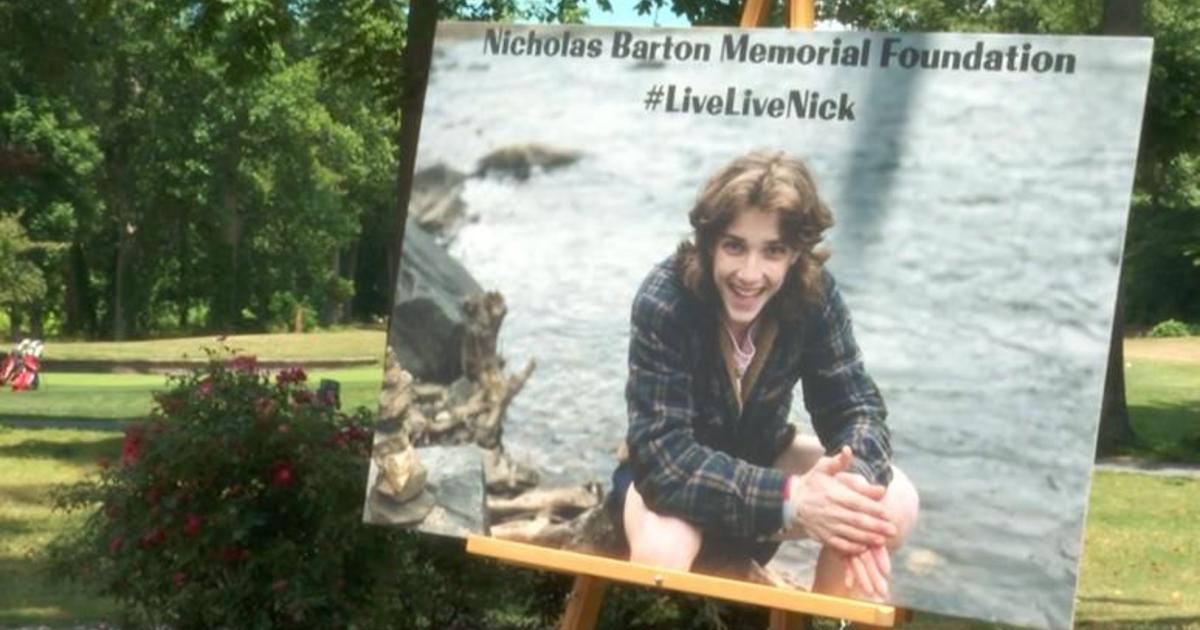Naval Academy Hopes To Meet Math And Science Goal
ANNAPOLIS, Md. (AP) -- The U.S. Naval Academy is narrowly on track to meet a directive to graduate 65 percent of its officers in the class of 2013 with degrees in science, technology, engineering or math, the school's academic dean and provost said Wednesday.
The academy is only able to estimate the number because the directive only applies to students who will be commissioned as naval officers, not Marines who also attend the school.
"It'll be close, but we won't know for another year," said Andrew Phillips, the school's academic dean.
The Chief of Naval Personnel directed the academy in 2007 to reach the goal. In 2007, about 61 percent of the academy's graduates who went on to the Navy earned those technical degrees.
The class of 2011 graduated students with those degrees in the 62-percent range, Phillips said.
The academy has been trying to increase interest in science and technology. It has developed a new cyber-warfare curriculum, which includes a blend of computer science, electrical engineering and mathematics, in response to the subject's growing importance to national security. The school also is enhancing project-based learning, which students tend to find more interesting.
"The excitement of being able to do that is now what's moving a few more midshipmen back into science and engineering," Phillips said.
Benchmarks for the number of technical majors in the Navy have varied over the years. In the early 1980s, the academy was required to have 80 percent of its students graduate with technical majors.
Later that decade, the number dropped to 70 percent. In the 1990s, Navy leadership dropped the requirement that a specific number of graduates have those technical degrees.
Vice Adm. Michael Miller, the academy's superintendent, noted the re-established benchmark in an annual review of the school year published in the July-August issue of Shipmate, the magazine of the academy's alumni association.
"We are striving to increase STEM major graduates to 65 percent for all future classes," he wrote.
In his review, Miller also touched on a variety of other issues the academy has wrestled with over the past year.
For example, he noted the academy has streamlined its procedures for handling honor code violations. The average length of time taken to adjudicate suspected honor code violations has been reduced from 49 days to 17 days.
Miller wrote that the academy strictly enforced its zero-tolerance drug policy. The academy expelled 15 students over the past academic year for use of synthetic marijuana.
The superintendent also underscored a review of the school's financial management practices in the aftermath of a Navy audit last year that found widespread spending irregularities. The academy has implemented improvements to ensure compliance with Navy and Defense Department financial management practices, Miller wrote.
"Additionally, corrective and administrative actions have been taken to address issues raised in the report ... and more stringent procedures have been adopted to be more responsible stewards of taxpayer and donor resources," Miller wrote. "I am very satisfied with our progress in this important area."
The inspector general's investigation found spending from an off-the-books slush fund on tailgate parties and to benefit the families of football coaches at a time when the academy was trying to retain the coaches. The report also found that a school official improperly solicited gifts from a donor. The gifts, including watches, sunglasses, coats and purses, went to football coaches and their families.
(Copyright 2011 by The Associated Press. All Rights Reserved.)



